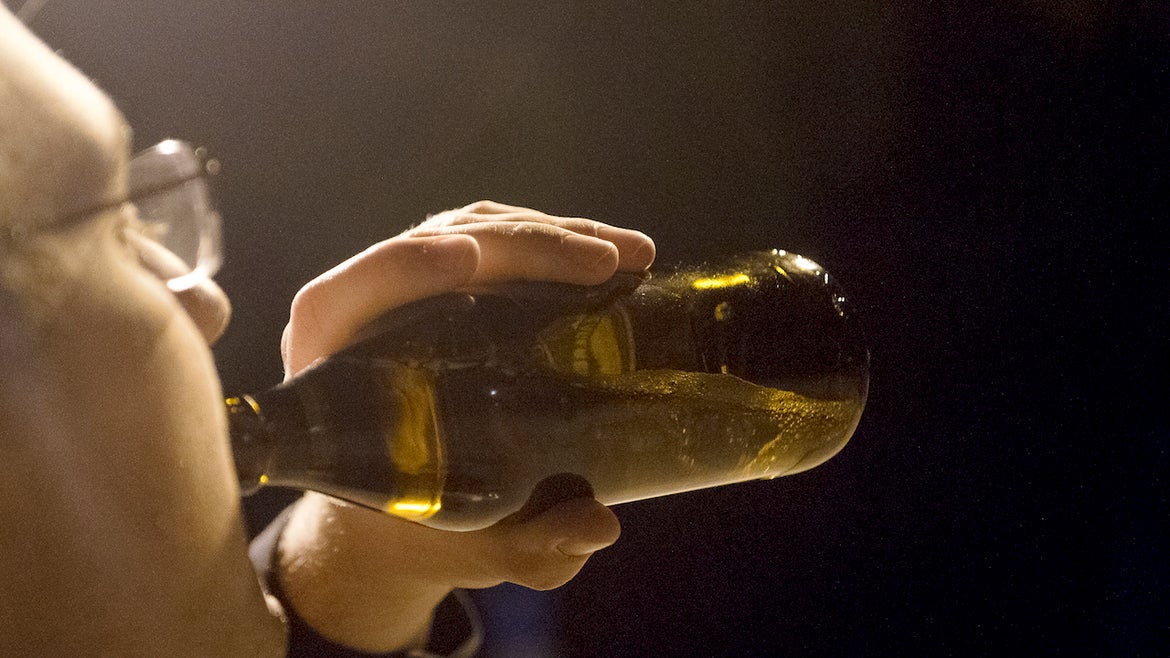Alcohol hepatitis can happen over time with years of heavy drinking. But for some, it can also occur if they are drinking a lot in a short amount of time.
Many turned to alcohol to pass the time during the pandemic. As a result, the amount of people who either got a liver transplant or were put on the waiting list was 50 percent higher than before the pandemic, according to CNN.
A study done by University of Michigan researchers compared new people on the U.S. organ transplant list from the beginning of the pandemic, March 2020, to January 2021. They also factored in retail alcohol sales from January 2016 to 2021.
"The results showed a positive correlation between the increase in the number of people on the waiting list for a liver due to alcoholic hepatitis and the increase in retail sales of alcohol during the pandemic," CNN said.
Alcohol hepatitis occurs when the liver stops processing alcohol. Instead, the liver will create toxic chemicals that trigger inflammation, and that inflammation can kill healthy cells and create irreversible damage.
This can happen over time with years of heavy drinking. But for some, it can also occur if they are drinking a lot in a short amount of time.
It's no surprise, but researchers also discovered that alcohol sales drastically increased in March 2020 and remained elevated for the rest of the year.
"While we cannot confirm causality, this disproportionate increase in association with increasing alcohol sales may indicate a relationship with known increases in alcohol misuse during COVID-19," researchers said.
"This study provides evidence for an alarming increase in (alcoholic hepatitis) associated with increasing alcohol misuse during COVID-19 and highlights the need for public health interventions around excessive alcohol consumption."






